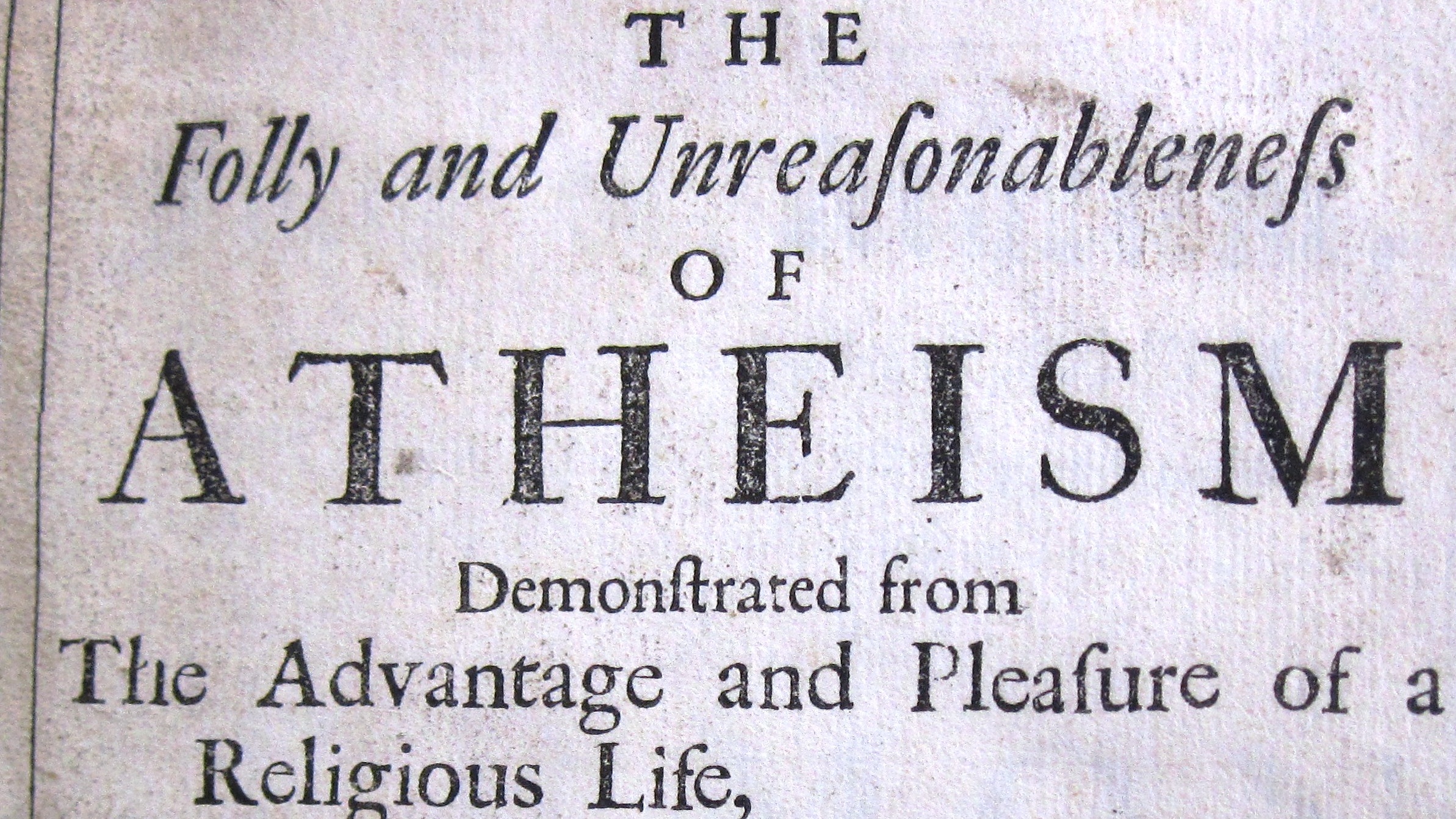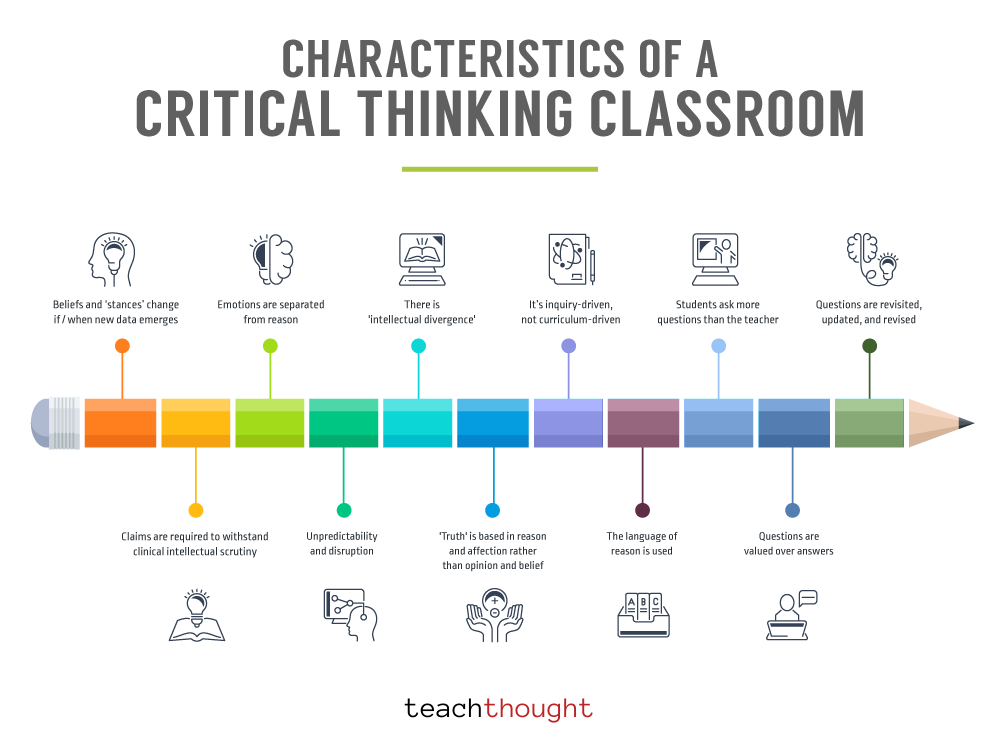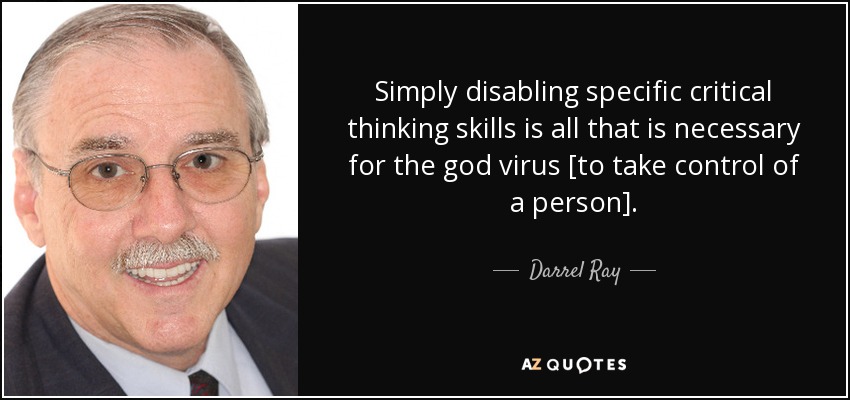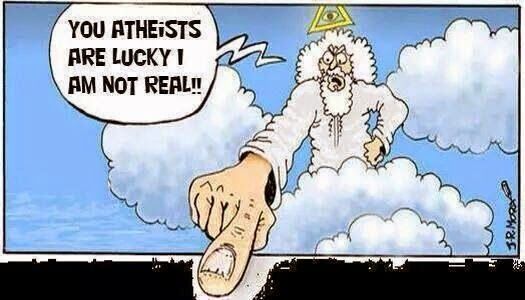"We're trying to understand what leads some people to believe and other people to disbelieve." --the article. They are just sensationalizing things. The honest psychological question is not what makes people believe but what people desire of God. Belief is already understood in Psychology. It proceeds from desire. I think one problem for the OP is that this does not tell us whether critical thinking is at odds with belief in God. We already know its at odds with certain ways of believing in God.
Think about someone who has hallucinations about something they know is not real. Hunger makes food appear. This is understood and has been for a long time. The desire creates an anticipation in the mind and in extreme cases a hallucination of the object. We don't need another study to determine that the mind is weak when it desires something.
We already know critical thinking is at odds with distractions and desires. What they (Social Scientists) will eventually find out is the strongest believers are strongly motivated by desire for a particular version of God they are fond of. Perhaps they want the God of love or the God of security or judgement or perhaps someone who watches them from above. These are all in sync with belief proceeding from desire. They should have asked these people about the version of God that they wanted most to believe in.
The results don't make God and critical thinking exclusive from one another.
It an article from a few years back, when "critical thinking" was in vogue. Don't know what happen to that, been a while since I've heard the term.
However, I suspect one chooses to apply "critical thinking" selectively. Those who want to continue to believe is God selectively don't apply it simply accepting their belief for what it is without analysis.
The need to avoid the application of critical thinking would mean that their belief in God wouldn't stand up if applied.
I feel that critical/analytical thinking has taking over my worldview such that even if I had a strong desire to believe in God, I couldn't
Certainly a scientist can compartmentalize their critical thinking such that they can do rational critical analysis in science, and set aside this same rational analysis with regard to their belief.
I haven't found anything more recent that would address the points you've made.




